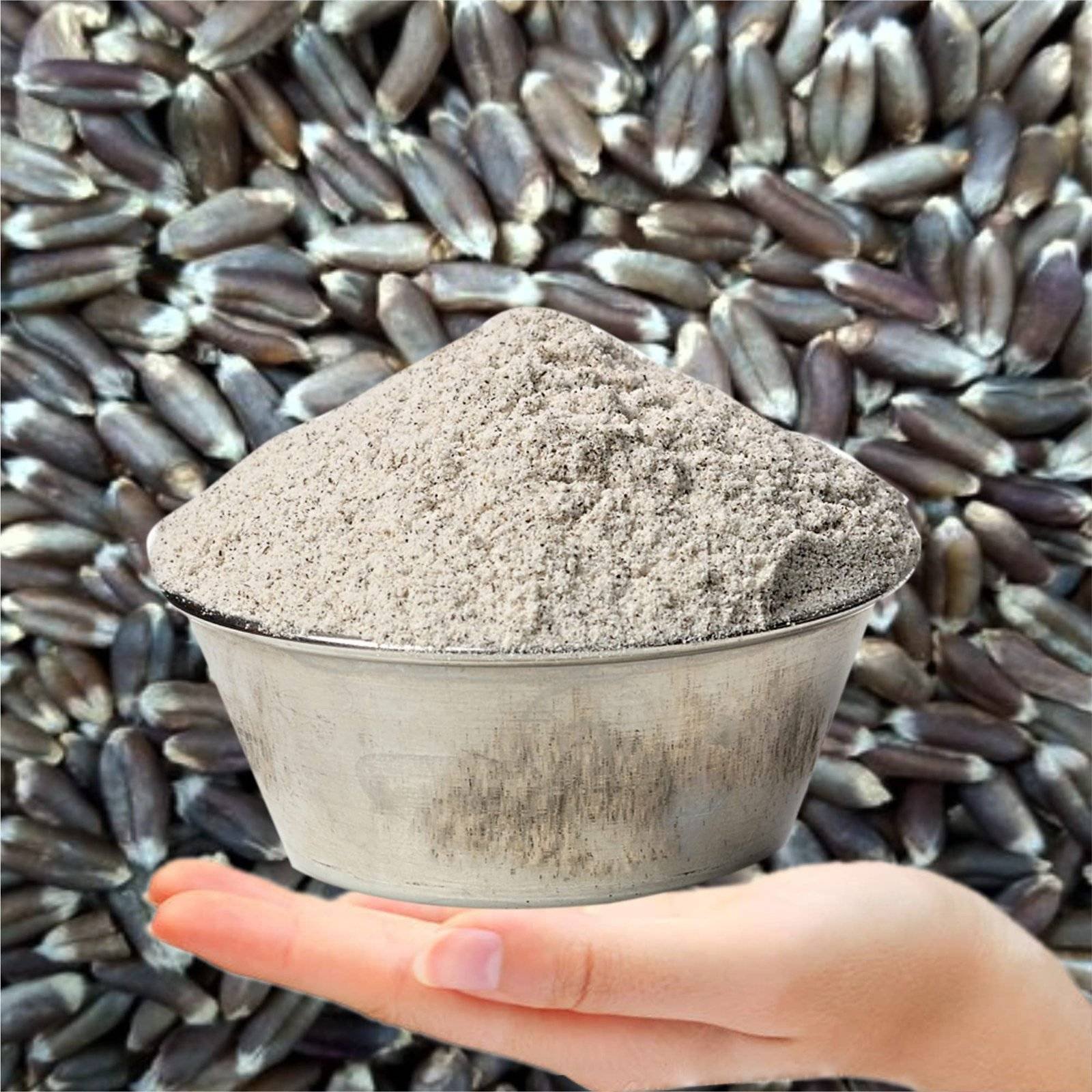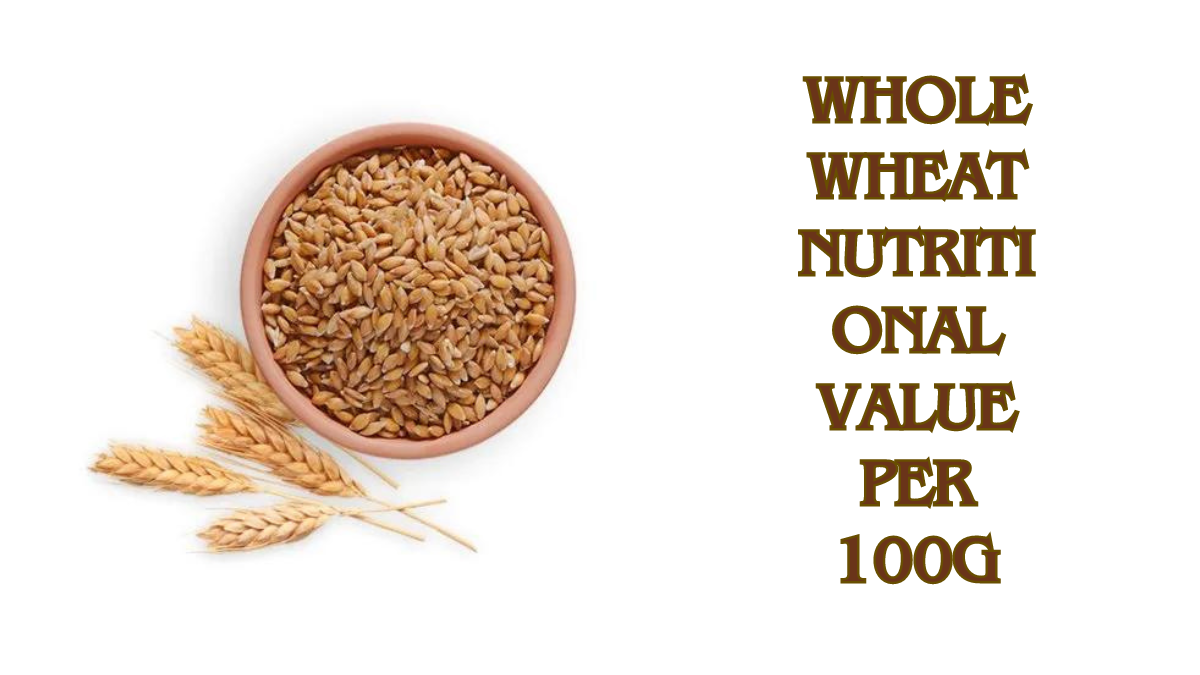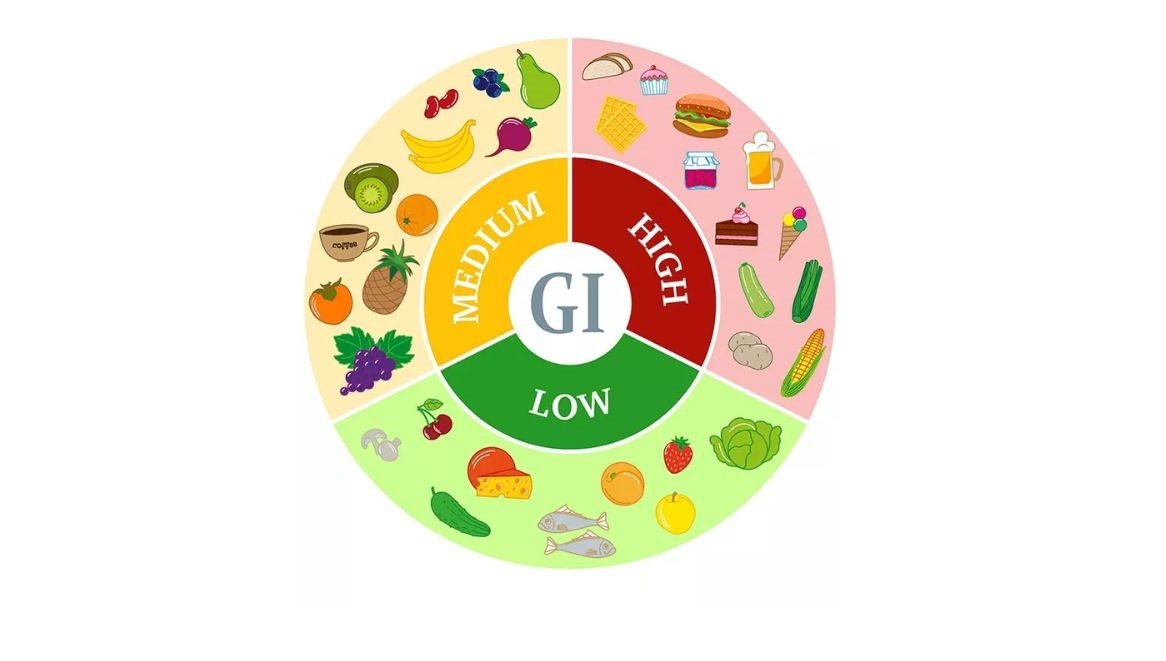Black wheat, also known as Kala Gehun or emmer wheat, is a type of wheat with dark color and distinct nutritional properties. Here is an approximate breakdown of the nutritional composition of black wheat per 100 grams:
- Calories: Around 320-350 kcal
- Protein: Approximately 15-18 grams
- Carbohydrates: Roughly 60-65 grams
- Dietary Fiber: Typically contains 10-12 grams
- Fat: Usually about 2-3 grams
- Vitamins: Contains B vitamins such as Thiamine (B1), Riboflavin (B2), Niacin (B3), Pantothenic acid (B5), Pyridoxine (B6), and folate (B9). It may have slightly higher levels of certain antioxidants compared to other types of wheat.
- Minerals: Includes iron, magnesium, phosphorus, potassium, zinc, and traces of calcium.
Black wheat is known for its higher protein content than common wheat varieties and often has a rich, nutty flavor. It also contains antioxidants and phytonutrients that contribute to its deep color and potential health benefits.
Please note that nutritional content may vary depending on factors such as cultivation, processing methods and specific varieties of black wheat. Always refer to the product information or packaging for accurate details about the nutritional content of black wheat flour or grains.

Chat Now Gehuwala- Click Here
Black wheat nutritional value per 100g FAQ
1. How many calories are there in 100 grams of black wheat?
Black wheat typically contains around 320–350 calories per 100 grams, but these values can vary slightly depending on factors such as variety and processing.
2. What is the protein content in 100 grams of black wheat?
Black wheat generally has a higher protein content than normal wheat varieties, providing about 15-18 grams of protein per 100 grams.
3. How many carbohydrates are present in 100 grams of black wheat?
The carbohydrate content of black wheat is approximately 60-65 g per 100 g, which contributes to its energy-providing properties.
4. What is the dietary fiber content in 100 grams of black wheat?
Black wheat typically provides about 10-12 grams of dietary fiber per 100 grams, aiding digestion and providing many of the health benefits associated with fiber intake.
5. How much fat is in 100 grams of black wheat?
Black wheat typically contains about 2-3 grams of fat per 100 grams, which contributes to its calorie content and nutritional profile.
6. Does black wheat provide vitamins and minerals?
Yes, black wheat is a source of various vitamins, including B vitamins such as thiamin (B1), riboflavin (B2), niacin (B3), pantothenic acid (B5), pyridoxine (B6), and folate (B9). It also contains minerals like iron, magnesium, phosphorus, potassium, zinc and calcium.
7. What makes black wheat different from other wheat varieties?
Black wheat is known for its unique phytonutrients due to its darker color, higher protein content and potential antioxidant properties compared to common wheat varieties.
8. How can black wheat be incorporated into a diet?
Black wheat can be used to make various dishes like roti (flatbread), chapatti, porridge or incorporated into baked goods like bread. It offers a more nutty flavor and can be a nutritious alternative to recipes that traditionally use wheat flour.
9. Are there specific health benefits associated with consuming black wheat?
Black wheat may provide additional antioxidants and nutrients compared to regular wheat, potentially providing some health benefits such as better antioxidant intake and higher protein content, but individual responses may vary.




